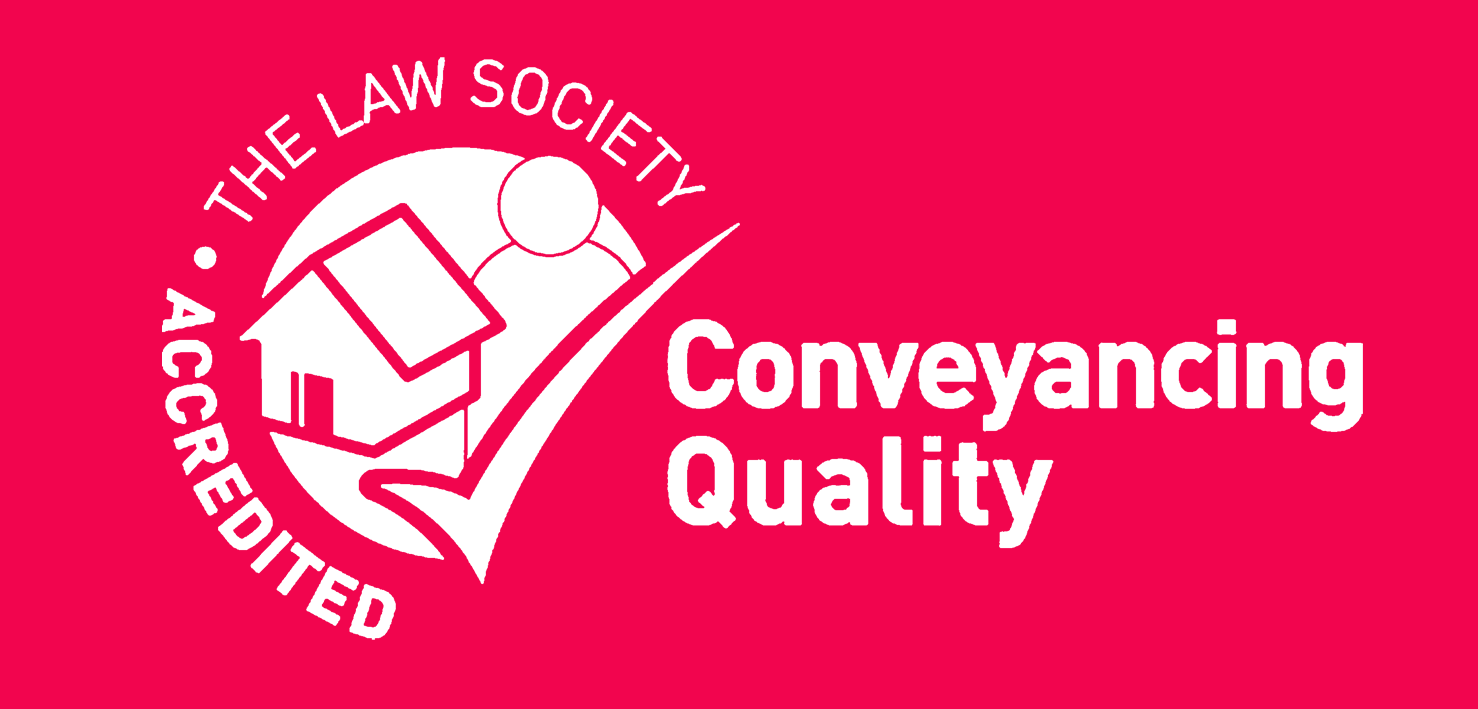This week (22nd-26th April) is National Stalking Awareness week; the aim of which is to highlight the behaviours that amount to stalking and the effect that it has on victims.
What defines stalking?
Stalking is defined as a pattern of unwanted, fixated and obsessive behaviour which is intrusive, unwanted and causes fear or distress.
Is it still stalking if you are in a relationship?
Yes. Most victims are stalked during or after a relationship ends (ie: with a current or ex-partner). It is often a common sign or pattern of domestic abuse/controlling and coercive behaviour and sometimes people aren’t aware that the behaviour of their partner or ex-partner is stalking.
What are the signs of stalking in a relationship?
Stalking follows the pattern of F.O.U.R
Fixated, Obsessed, Unwanted, Repeated.
- Frequent calls and messages (in a relationship, your partner may become annoyed/angry if you don’t respond quickly).
- Unexpectedly sending gifts
- Turning up unannounced (home or work)
- Going through your phone
- Asking or demanding detailed information about your whereabouts, who you are with etc.
These behaviours may be disguised as romantic or just merely annoying, but they reflect a real lack of regard for your boundaries and in many cases lead to violence, aggression and/or other signs of abuse.
Where to turn if you are being stalked?
If you think you or someone else is being stalked and are concerned, it is important to report this behaviour to the police by phoning 101 or 999 in an emergency. However insignificant it may seem – help is available.
You can also report this via the National Stalking Helpline on 0207 091 0014 or to the National Domestic Helpline 0808 2000 247 or via their website; https://www.nationaldahelpline.org.uk/
How does the law help?
Injunctions
You can apply for an injunction if you’ve been the victim of any form of domestic abuse, including stalking.
- Non-Molestation Order
A Non-Molestation Order prohibits the abuser from using violence, threatening you, or harassing you, or instructing anyone else to do so. The Orders can also be made to protect the children.
- Occupation Order
In some instances, you can apply for an Occupation Order. This regulates the occupation of the home for a period of time to enable financial matters to be resolved while providing you with peaceful enjoyment of your home free from abuse. In some cases, an exclusion zone is created, preventing the abuser from coming within a set area of your home.
Additionally, the Court has the power to order the other party to pay the rent or mortgage on the property.
The person named in the injunction can be arrested if they break it. You can also apply to extend an existing injunction if it’s ending, and you still need protection.
- Domestic Violence Protection Orders
Domestic Violence Protection Orders (DVPOs) are Orders applied for by the Police and made by the Magistrates’ Court to provide protection to victims in the immediate aftermath of a domestic violence incident.
With DVPOs, an abuser can be banned with immediate effect from returning to a residence and from having contact with the victim for up to 28 days, allowing the victim time to consider their options and get the support they need.
What to do next?
With offices in Chippenham, Devizes, Marlborough, Royal Wootton Basset and Swindon, we are here for you and offer free, initial consultations.
There are also many free support options available to you in Wiltshire, including FearFree domestic abuse service. If there is an emergency, you should call 999 for either the police or an ambulance.





